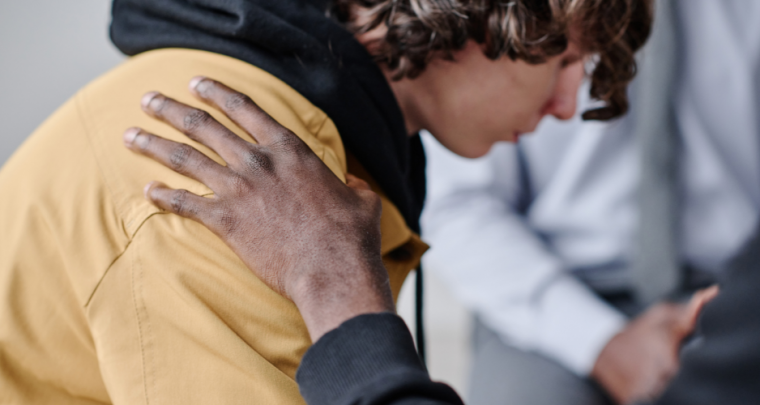These are tough times - let's talk about it.
The Suicide Prevention Australia Community Tracker states that 74% of Australians are feeling elevated levels of distress beyond normal levels compared to this time last year, due to social and economic circumstances.
The 5 most common causes of elevated stress for Australians are:
- Cost-of-living and personal debt (49%)
- Family and relationship breakdown (24%)
- Housing access and affordability (24%)
- Unemployment and job security (22%)
- Social isolation and loneliness (22%)
Particularly for young people (aged 18-24), having to navigate a dual cost-of-living crisis and housing crisis as they reach adulthood has made an impact; the top 4 most common causes of elevated stress for this demographic are:
- Cost-of-living and personal debt (47%)
- Housing access and affordability (38%)
- Social media, self-image and bullying (36%)
- Unemployment and job security (33%)
People may avoid tough conversations around mental health if they feel like they can't resolve what's troubling the other person, and it's important to remember that with things like the housing crisis and the cost of living, no one person can fix it.
On an individual level, the main thing most of us can do is to talk through our vulnerabilities together, acknowledge our hardships and act early to encourage the person in crisis seeks help. As a member association and a GTO, we hear the concerns of our members, the majority of which are sole traders navigating the challenges of today's economy; we also hear the concerns of our apprentices, most of whom are young adults whose formative years were severely impacted by COVID.
Before you ask someone "are you okay?"
The first rule of applying first aid is to assess the safety risks to yourself in your environment. The same rule applies here, to make sure you're feeling strong and steady enough to not exacerbate any negative feelings for either person.
Asking someone to open up to you can be daunting, on both sides of the conversation. While it's important not to wait too long for the "perfect opportunity", you should make sure you're in the right headspace before you initiate a very emotional talk. Some questions to ask yourself are:
- Am I the best person to have this conversation with, or do they have a more trusted friend I could speak to?
- Can I listen to their struggles without judgement?
- Am I emotionally really for a tough conversation?
- Can I accept I might not be able to "fix" this?
- Can I accept they may not be ready to talk to me, or anyone else?
- Have I created a safe environment for this conversation?
- Have I made this person feel cared for and emotionally safe with me?
- Have I allocated enough time for this conversation, to do it properly?
If they answer that they're not okay
The person you're speaking to indicates that they're not okay, they might just need a listening ear and a good friend. However, if you think they're having thoughts of suicide, don't be afraid to ask them directly.
Many people feel that by asking someone if they have a plan to attempt suicide, they may be suggesting it as a solution, or putting the idea in the other person's head. It's a blunt question, but it's one that may allow the other person to admit how bad things have really gotten. You may phrase it as "People in situations like this might think about suicide. Have you thought about killing yourself?"
If they answer yes, the most important things to do are to:
- Keep them safe – do not leave them alone
- Get them some immediate professional help.
If you believe their life is in immediate danger, call 000. Otherwise, you can call Lifeline for crisis support on 13 11 14, or get text support on 0477 13 11 14.
On-site training options
Mental health and suicide prevention is a major concern in the construction industry; construction workers are 8 times more likely to pass away from suicide than in a workplace accident. You may be interested in getting your employees trained up in suicide prevention.
For some options:
- St Johns Ambulance Australia conducts Mental Health First Aid training, a 2 day course implemented on-site. This course teaches adults how to provide initial support to adults who are developing a mental health problem or experiencing a mental health issue or crisis until appropriate professional help is received: https://www.stjohnsa.com.au/courses/mhfa
- MATES in Construction offers three tiers of training for people on the work site: General Awareness Training, Connector Training and Applied Suicide Intervention Skills Training: https://mates.org.au/training-support
Seeking support
If you are concerned for your safety or the safety of others, seek immediate assistance by calling 000. You can also seek support from your doctor or one of these support services (24/7):
Lifeline: Call 13 11 14
Beyond Blue: 1300 224 636
Suicide Call Back Service: 1300 659 467


